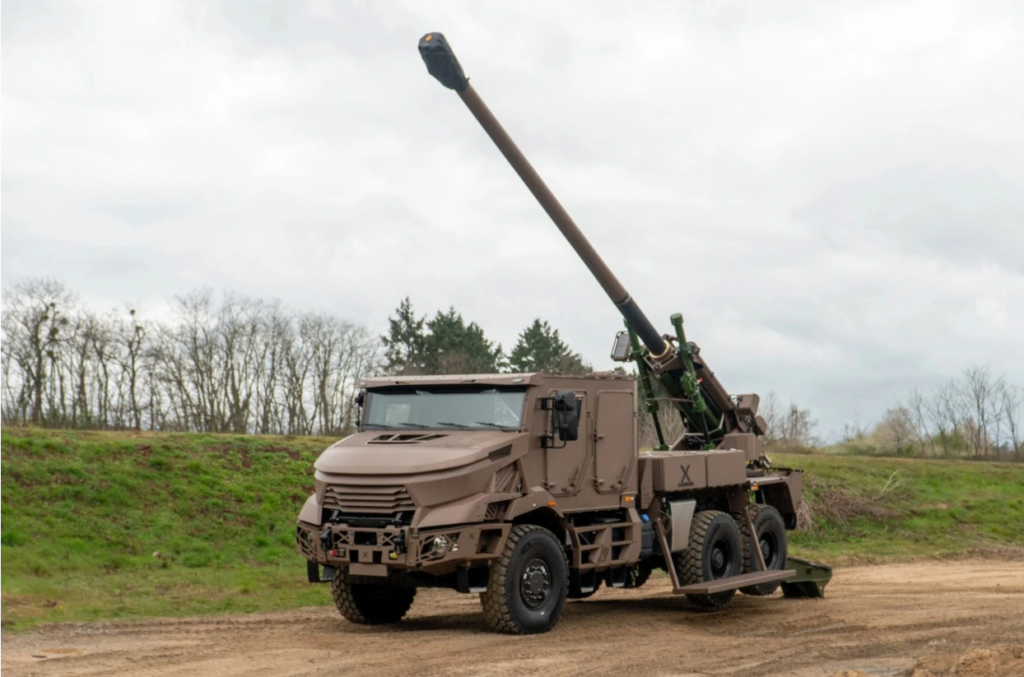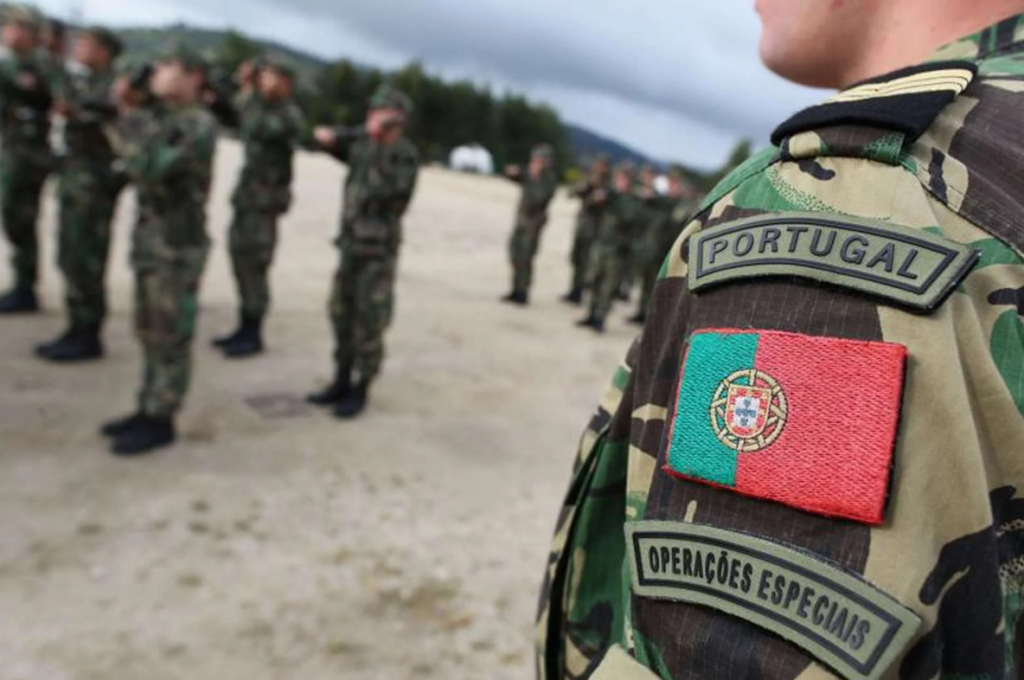Portugal Plans to Modernize its Armed Forces by 2034
Portugal has launched an ambitious military modernization program set to run through 2034, under the Military Programming Law 2023–2034. With a total budget of €5.57 billion ($6.29 billion) allocated across all branches of its armed forces, €1.236 billion ($1.39 billion) is specifically dedicated to transforming the Portuguese Army. The goal is to create a modern, networked, and rapid-response force equipped for 21st-century threats. The plan outlines 99 projects across 12 capability areas, including command and control (€119 million or $134.47 million), medium forces (€405 million or $457.65 million), protection and survivability (€159.2 million or $179.896 million), logistics (€156.6 million or $177.958 million), intelligence and reconnaissance (€41.9 million or $47.347 million), emergency support (€113.8 million or $128.6 million), and war stocks (€90.2 million or $101.93 million). A major focus lies in cyber defense, electronic warfare, simulation, and unmanned aerial and ground systems integration.

Key acquisitions in the modernization plan include advanced military equipment, aiming significantly at boosting the country’s defense capabilities. One of the most important purchases includes 36 CAESAR
MkII 155mm self-propelled howitzers made by France. These mobile artillery systems will enhance the Army’s firepower, range, and responsiveness on the battlefield. Portugal will receive 12 URO VAMTAC ST5 armored vehicles, all of which are equipped with 120mm mortars, which will help in improving the Army’s indirect fire support and enhance its operational flexibility.

The RapidRanger system from Thales, paired with STARStreak and Lightweight Multirole Missiles (LMM), has been chosen to strengthen Portugal’s air defense. This system is designed to deal with modern aerial threats such as drones, helicopters, and aircraft flying at low altitudes. Another important step in the modernisation process is the replacement of aging M113 armored personnel carriers. America’s M2 Bradley and the German Rheinmetall Lynx are being considered by the Portuguese Army as leading choices for advanced IFVs (Infantry Fighting Vehicles). These IFVs offer enhanced protection, mobility, and battlefield technology, and would significantly upgrade troop transport and combat capabilities.
However, these big upgrades are often accompanied by significant difficulties. So far, Portugal has committed only 1.55% of its GDP to defense, falling under both NATO’s 2% guideline and the OECD’s average of 2.08%. The small amount being invested in defense has made it difficult to maintain enough troops for national security. The Portuguese government has requested the activation of the European Union’s fiscal escape clause to address funding issues. This would allow increased defense investment without breaching EU fiscal rules. Also, Portugal could gain access to €800 billion from the EU’s “ReArm Europe” plan, declared in March 2025, which aims to support member states in strengthening their defense sectors.
Portugal’s ability to modernize depends on there strong political commitment, proper implementation, and solutions to financial issues. This modernization program represents European nations’ wider worries about security and their collective effort to improve their armed forces jointly.

